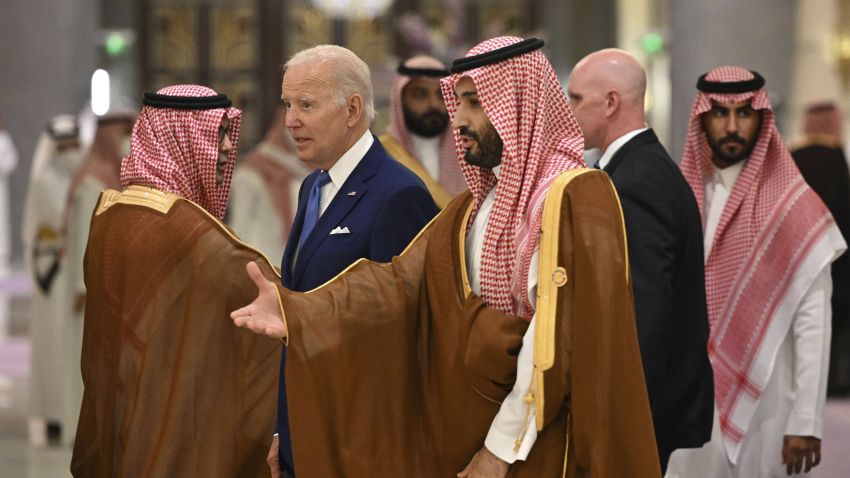The decision by the OPEC+ grouping of oil-producing states on Oct. 5 to cut oil production by 2 million barrels a day has generated yet another episode of friction in relations between the United States and Saudi Arabia. Its timing struck a raw nerve in Washington, following President Joe Biden’s high-stakes visit to Saudi Arabia over the summer and active lobbying by the administration to hold off on cuts that could trigger a price hike at the gas pump just ahead of the U.S. congressional midterm elections. Higher oil prices also help the Russian economy in the midst of the war in Ukraine, especially angering lawmakers on Capitol Hill.
Senate Majority Leader Chuck Schumer tweeted, “What Saudi Arabia did to help Putin continue to wage his despicable, vicious war against Ukraine will long be remembered by Americans.” And U.S. senators are now calling for a suspension of arms sales to Saudi Arabia, while Biden has threatened unspecified “consequences.”
The Saudis have pushed back, arguing they made their decision on economic grounds in consultation with the other OPEC+ members and were surprised by the negative U.S. reaction. In their view, they were simply pursuing their national interest and responding to market forces to avoid a collapse in oil prices. Although Saudi officials and their sympathizers argue it is all a misunderstanding, Riyadh is reportedly considering retaliatory options of its own, including selling its holdings of U.S. Treasury bonds, should the U.S. enact any punitive measures.

